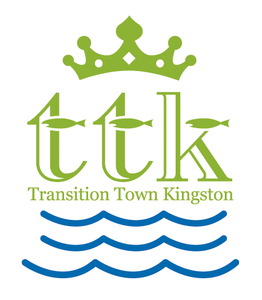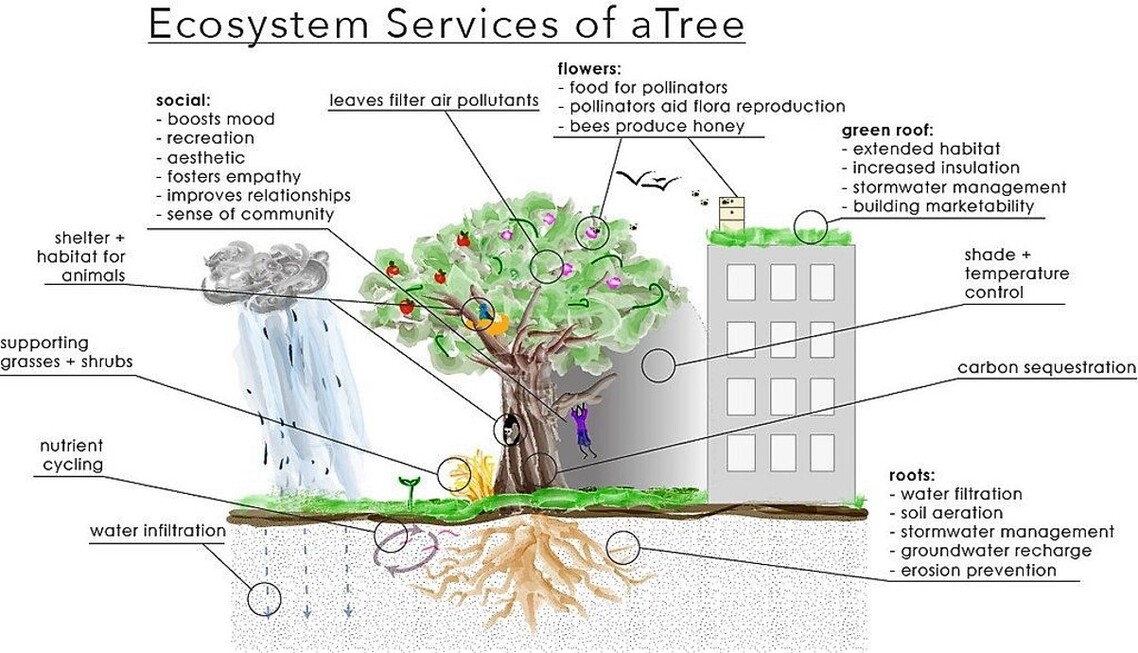Plantlife: “Our mission is to secure a world rich in wild plants and fungi”. Plantlife promotes of No Mow May, and shows how one council saved money by mowing less
GoParksLondon, with Informative webinars from Go Parks London for friends’ groups
LFGN London Friends of Greenspaces Network - celebrating Friends Forum’s efforts, sharing ideas and experiences, and supporting each other in valuing and improving London's parks and open green spaces.
The Parks Community website: “helping Friends Groups thrive” includes: a 'Better Friends' checker tool; Management Plans - how are they useful?; How to campaign to save a site under threat; and a Healthy Parks Audit for local authorities and community groups.
Local nature recovery strategies - GOV.UK (www.gov.uk), a DEFRA policy paper/strategy: "...For nature to recover, targeted, co-ordinated and collaborative action will be required."
Plants for pollinators: wild bees and other pollinators are in decline. Gardens, parks and other public spaces can help by planting flowers that provide forage for a wide variety of pollinating insects - see RHS and/or Wildlife Trusts advice on suitable plants.
Botanical gardens ‘most effective’ green space at cooling streets in heatwaves. Urban parks and wetlands have a similar effect, and even green walls, street trees and playgrounds were found to significantly mitigate temperatures. Researchers hope the findings will inform policymakers planning cities for a warming world. Read more in The Guardian.
Kew Science: "Our purpose is to help stop biodiversity loss and develop nature-based solutions to some of humanity’s biggest global challenges."
The Stroud Urban Corridor, aiming to aiming to increase connectivity through our urban areas and between our open spaces for wildlife.
The Camden Beeline, a community project that aims to increase green space and biodiversity across the Borough of Camden by creating a connected pollinator pathway of of trees, plants and rewilded space.
The Hackney Buzzline, "an innovative initiative aimed at improving pollinator habitats, enhancing cycling and walking routes, and engaging community-based bodies and residents in planting for bees and butterflies."
Create Streets: calls for people to be allowed to grow plants and trees in barren urban areas…One approach praised by Create Streets is called “the 3-30-300 rule”: that everyone should have sight of three trees, every neighbourhood should have 30% canopy cover, and everyone should live within 300 metres of a park or green space…” Read more.
Trees for Cities , including how urban trees reduce heat
Riverside light pollution and how to reduce its ecological impacts - a leaflet published by Richmond Council
The London Urban Forest Resource Hub - the latest information, good practice and guidance on the capital's trees and woodlands

